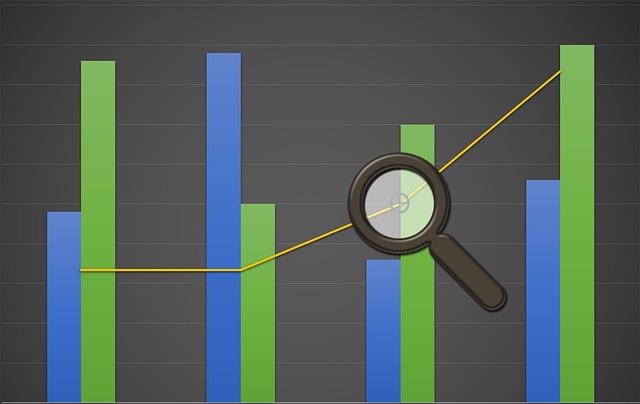
Before investing your hard-earned money, it is a good idea to educate yourself about the different types of investments. Let us start by defining both Mutual Fund (MF) and Unit Trust (UT).
MUTUAL FUND
MF is an investment that gathers the investors’ money into a pool to make multiple types of investments known as the portfolio. The compensation of the investment managers rely on how well the fund performs. Thus, you can rest assured that they will work hard to make sure the fund grows well.
Derived by accumulating the status of the underlying investments, the performance of the mutual funds are typically tracked as the change in the total market cap of the fund.
Players
There are two important entities when taking on the Mutual Fund. I am pertaining to the professional investment manager and the shareholder. Professional invest managers operate the MF by investing the capital and attempting to produce gains for its shareholders. Therefore, each shareholder participates proportionally in the gain or loss of the fund.
Process
As an example, let us consider Canada’s stock market. Gabby wants to try his luck at the Canadian equity market by investing in the S&P/TSX Composite Index. It consists largely of the energy, materials, and financial sectors with different percentages allocated. Performance of the MF is tracked as the percentage of change to its overall adjusted market cap.
UNIT TRUST
UT is distinguished from the MF as it follows a trust structure. Rather than putting the gains back into the fund, it provides profits straight to the individual. This investment scheme is available in Australia, South Africa, Namibia, Kenya, Fiji, Ireland, New Zealand, Malaysia, and Singapore. Both the local and foreign funds are regulated as collective investment schemes in our country.
It works by pooling money from multiple investors to invest in a portfolio assets in lined with the stated investment approach and objective.
Players
There are several important entities when taking on the Unit Trust. Professional investment managers or fund managers operate trusts for gains. The trusts as well as its rights are owned by the unit holders. The unit holders and the fund managers are mediated by the registrars.
Process
The process that the UT goes through depends on the goals and objectives of the investment. The value of the assets in its portfolio is equates to the amount of units issued multiplied by the price per unit. Afterwards, you must subtract other costs such as management and transaction fees.
COMPARISON
Both the MF and UT gathers the investors’ money into a pool to make portfolios, which are managed by the professional investment manager. The major difference between these two investment schemes is in its structures. Basically, Mutual Fund issues redeemable shares while Unit Trust issues units. It is up to you to find an investment scheme that suits your lifestyle.





